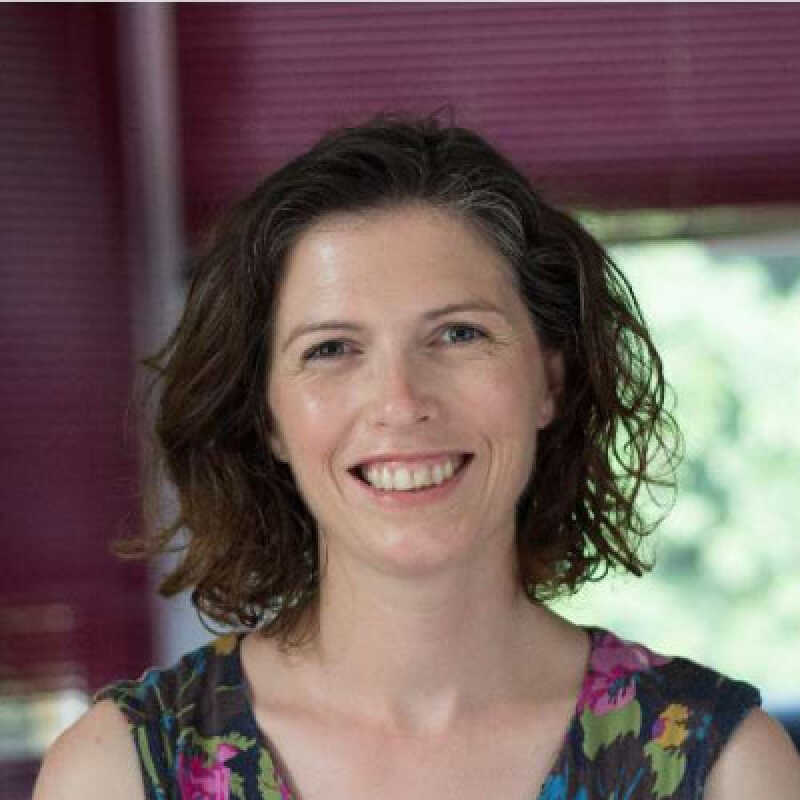- University of Kent
- School of Psychology
- People
- Dr Lindsey Cameron
Dr Lindsey Cameron


Dr Lindsey Cameron is a Reader in Psychology and Director of Undergraduate Student Experience and Student Success in the School of Psychology. Her area of research is social developmental psychology.
Lindsey is interested in how children become ‘social beings’: how do children develop the social knowledge and skills that we have as adults take for granted? Specifically, she is interested in how inter-group processes develop throughout childhood. Her research interests are as follows:
Charities and diversity education organisations across Europe, including:
Past research students
Appointments / memberships
| April 2014-present | A literature review and scoping study on the impact of gender on children's lives (PI) The Office of the Children's Commissioner Pina, A., Calogero, R. & Sutton, R. Contribution: 50% | £15,000 |
| Jan 2014-present | Growing up with diversity. (PI) British Psychological Society Research Seminars Competition Leman, P., Verthanayagam, S. & Lam, V. Contribution: 60% | £2,958 |
| Sept 2013-Aug 2014 | Generating research income and building impact through collaboration (PI) School of Psychology Seed Fund Contribution: 100% | £1,300 |
| March 2013- Nov 2014 | Strategic colourblindness in children: Responding to a 'revise and resubmit' (PI) Social Science Faculty Research grant Abbott, N. (PhD student) Contribution: 100% | £1,891 |
| June 2015-May 2016 | Children and adolescents' experience of bullying and online bullying (PI, 75%) Social Science Faculty Research grant. Collaborator: Ania Bobrowicz, School of Engineering and Digital Arts | £4778.10 |
| March-June 2010 | Cameron, L. Kent County Council (via World Education Development Group) Making friends | £1,550 |
| 2009-11 | World Education Development Group & Cameron, L. Department for International Development "My Dad says..." | £73,619 |
| 2009- | Cameron, L. University of Kent Faculty of Social Sciences Evaluating an "imaginary inter-group contact" intervention in nurseries in Sandwell | £1,000 |
| September 2008 - June 2011 | Race Equality Sandwell & Cameron, L. Big Lottery Research Programme Tackling racism amongst adolescents: A route to greater well-being and cohesion | £250,000 |
| 2008-09 | Cameron, L. & Stathi, S. British Academy Imaginary contact: Developing and evaluating a new prejudice-reduction intervention for schools | £7,026 |
| 2008-09 | Race Equality Sandwell & Cameron, L. Harborne Parish Lands Tackling attitudes in Early Years | £3,550 |
| 2008 | Cameron, L. & Stathi, S. University of Kent Faculty of Social Sciences Imaginary intergroup contact in children | £1,000 |
| 2007-09 | World Education Development Group & Cameron, L. (researcher) Big Lottery Fund Attitude is everything | £31,161 |
| 2006-07 | Cameron, L., Rutland, A., & Hossain, R. British Academy Changing children’s attitudes towards stigmatized groups: Testing different models of Extended Contact | £7,500 |
| 2005-07 | Rutland, A., Brown, R. J., & Cameron, L. Economic and Social Research Council Evaluating interventions to reduce children’s prejudice towards immigrants | £42,000 |
| 2005-07 | Cameron, L. & Turner, R. Race Equality Sandwell Helping dual heritage children reach their potential: Possible difficulties and defences against them | £3,000 |
| 2004 | Rutland A. & Cameron, L. British Broadcasting Corporation Intergroup contact and ethnic identity: A national study of 4-5 year old children | £3,500 |
Loading publications...
Showing of total publications in the Kent Academic Repository. View all publications